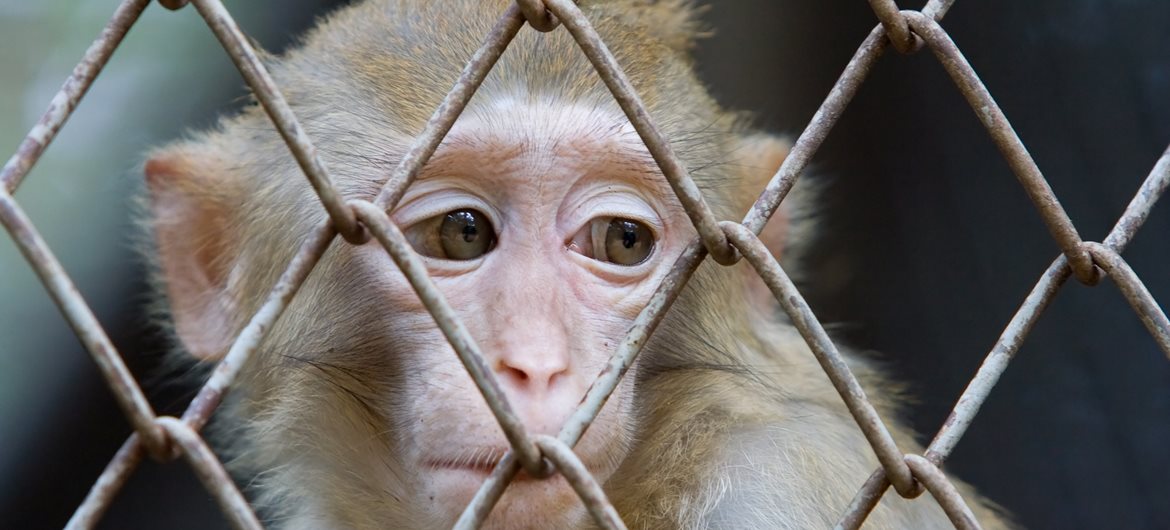

Working with these powerful lines both as an American complicit in their horrors and as a member of a diaspora whose ancestors went through trauma, I came to better “know” these lines, their power, and their histories.

It is crucial to know, listen, tell, and retell various stories, so we may better theorize and understand our existence” (xi). An experience that is not mine is still part of the society and world that I occupy. I’d like my poetry to remind readers that even if a part of history may not seem relevant to their lives, it is-it is their reality too. In working with Yoon’s language to better understand the through line of this voice, it also brought me closer to the form Yoon uses during “Testimonies,” where she’d “like her poetry to serve to amplify and speak these women’s stories, not speak for them. These lines represent voices responding to racism, colonialism, intergenerational trauma, erasure, and diaspora.


The below poem is made up of lines from A Cruelty Special to Our Species in which speakers discuss sexual microaggressions, violence, fetishizations, and trauma in order to destigmatize, defend, or reclaim. The speakers of the contemporary, diasporic poems marry sexuality with revenge-siren-like, they lure the male gaze back into the trauma it created. In a book often examining sex via warfare, the performance of seduction in the contemporary poems takes on a weapon-like quality. Many of these poems ask how historic violence complicates modern attitudes towards sexuality by examining trauma across generations, nations, and languages. And the poems in the remaining sections- “The Charge,” “The Confessions,” and “The After”-continue questioning contemporary colonialism, racism, and sexual violence. While the book is rooted in this historic atrocity, in the Author’s Note to the book, Yoon writes that her poetry “does not exist to answer, but rather to continue questioning” (xi). “Testimonies,” the second section of Emily Jungmin Yoon’s A Cruelty Special to Our Species, draws from documentary material from Korean women who were sexually exploited in Japanese-occupied territories during the second World War.


 0 kommentar(er)
0 kommentar(er)
